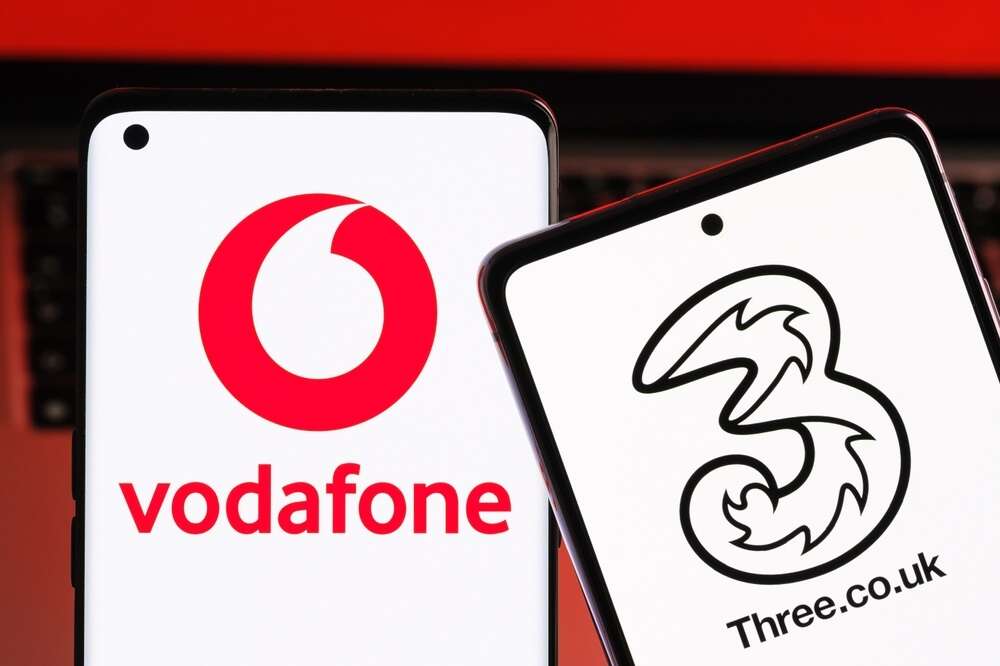
The proposed Vodafone-Three merger has been conditionally approved on security grounds by the UK Cabinet Office. In its national security assessment, the government department said that any merger between the two companies could only proceed if they created a ‘National Security Committee’ to manage sensitive contracts won in the public sector. Regular updates on that work would also have to be provided to the UK government. Vodafone and Three welcomed the news in a joint statement.
“We strongly believe [the merger] will strengthen competition in the UK’s mobile sector and enable a significant step-up in the UK’s mobile network infrastructure,” the two firms said. The deal, which would lead to the creation of Britain’s largest mobile operator, remains under investigation by the Competition & Markets Authority (CMA.)

Vodafone-Three merger essential to drive down capital costs, argue firms
Headquartered in Newbury, Berkshire, Vodafone generates an annual global turnover of nearly £39bn from its telecommunication services across the UK, Europe and Africa. Three’s revenues, meanwhile, amount to £2.52bn, though the merger relates primarily to its Hong Kong-based holding company, CK Hutchinson. In June 2023, both multinationals agreed to a joint venture to create a new telecommunications firm presiding over the VUK and 3UK brands.
From the perspective of both firms, a merger is ideal, given the saturation of the UK mobile network market and the potential to boost profits and drive down capital costs amid the accelerating rollout of 5G services across the country. However, analysts warned that the partnership was bound to attract the attention of the UK’s competition watchdog. While the scale and costs involved in rolling out 5G might mean a merger could be beneficial for customers, telecoms expert Ernest Doku told Tech Monitor last year, “it remains to be seen whether a merger would maintain competition and deliver on the promise” of the new technology.
CMA interest in merger deal remains strong
As it turned out, the CMA was interested, opening a formal probe in January. Three months later, the watchdog warned that the deal might lead to “reduced quality” for customers of the new entity and “higher prices.” In April, the CMA announced it was proceeding to a Phase 2 investigation, investigating the possible implications of the Vodafone-Three merger in much greater detail.
Three chief executive Robert Finnegan, however, contended that the deal was essential for his company’s future. “Our EBITDA-CAPEX remains negative, as it has been since 2020, which is unsustainable long-term,” said Finnegan. “I believe that merging with Vodafone is vital to give us the required scale to invest, grow and compete to create a best-in-class network for the UK.”






